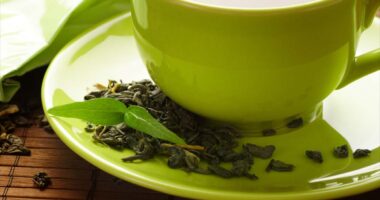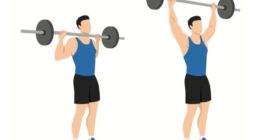
It is important for women to maintain optimal iron levels by incorporating iron-rich foods into their diet and considering iron supplementation, if needed.
Anaemia, specifically caused by iron deficiency, has long been a significant health concern for women. According to the World Health Organization (WHO) in 2019, the global prevalence of anaemia in women of reproductive age was a staggering 29.9 per cent, affecting over half a billion women aged 15-49 years. These statistics highlight the magnitude of the issue and emphasize the need to address iron deficiency. Now, let’s understand the importance of iron in women’s health and the health problems associated with iron deficiency anaemia.
Understanding Anaemia and its Connection to Iron Deficiency
Anaemia is caused by low haemoglobin levels in the blood. Iron is essential for haemoglobin formation, and insufficient iron supply hampers oxygen transport to tissues, leading to decreased energy and organ metabolism, causing fatigue. Iron deficiency anaemia in pregnant women can lead to preterm delivery, low birth weight, and reduced iron stores in babies, affecting their development.
Recognizing the Symptoms of Iron Deficiency Anaemia
To effectively address iron deficiency, it’s important to recognize its symptoms. Watch for signs such as fatigue, breathlessness during exertion, dizziness, vision problems, poor memory, headaches, insomnia, pale skin, palpitations, premature wrinkles, and tingling in the fingers and toes.
Conclusion
Prioritizing iron for women’s health is crucial in combating iron deficiency and its associated health complications. By incorporating iron-rich foods into your diet and considering appropriate iron supplementation when necessary, you can take proactive steps to maintain optimal iron levels. Additionally, options such as iron-enriched salt from reputable brands can be included in the daily diet and they can provide up to 25 per cent of daily requirement of iron. Remember to adopt a comprehensive approach that includes a balanced diet, supplementation (if required), and regular monitoring of iron levels to promote women’s health, enhance energy levels, and ensure overall well-being.
READ RELATED: Social Media And Mental Health: Is It Too Late To Turn It Into A Positive Force?
The article is contributed by Kavita Devgan, Nutrition Advisor, Tata Salt Iron Health.
This is only a brand name and does not represent its true nature. Tata Salt Iron Health does not recommend consuming more than the prescribed daily salt intake.
Total Wellness is now just a click away.
Follow us on
window.addEventListener(‘load’, (event) => {
$(‘#commentbtn’).on(“click”,function(){
(function(d, s, id) { var js, fjs = d.getElementsByTagName(s)[0]; if (d.getElementById(id)) return; js = d.createElement(s); js.id = id; js.src = “//connect.facebook.net/en_US/sdk.js#xfbml=1&version=v2.3”; fjs.parentNode.insertBefore(js, fjs);}(document, ‘script’, ‘facebook-jssdk’));
$(“.cmntbox”).toggle();
});
});









